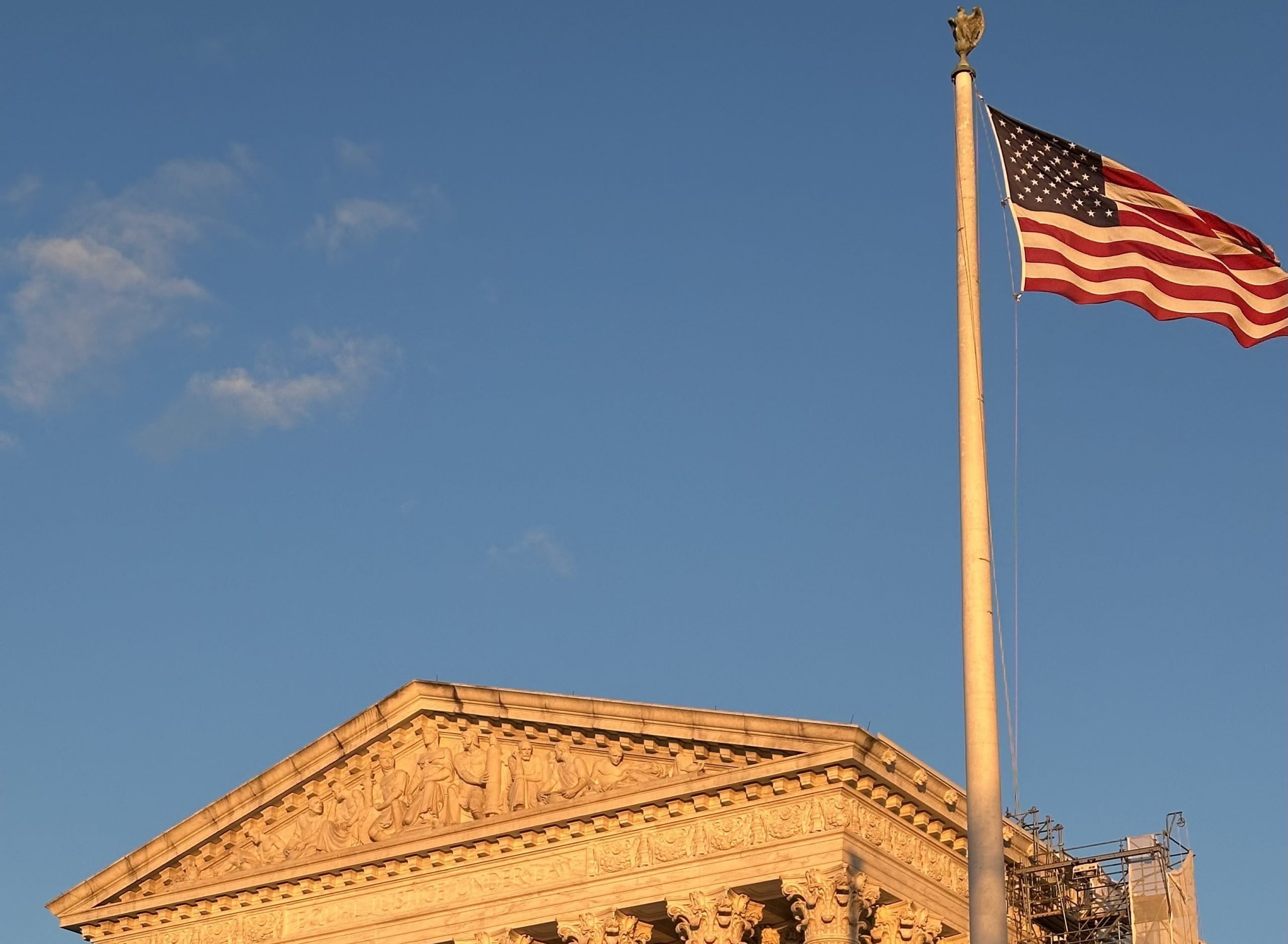on Jan 16, 2024 at 3:30 pm

The Supreme Court will hear oral argument on Wednesday in a case involving the deference that courts should give to federal agencies’ interpretations of the laws that they administer. From health care to finance to environmental pollutants, administrative agencies use highly trained experts to interpret and carry out federal laws. Although the case may sound technical, it is one of the most closely watched cases of the court’s current term, which is filled with blockbuster cases involving abortion, gun rights, and whether a former president is eligible to appear on the ballot. The stakes in the case are high: The challengers argue that the current deferential standard is unconstitutional, while the Biden administration contends that overturning the existing doctrine would be a “convulsive shock to the legal system.”
The doctrine at the center of the case is known as the Chevron doctrine. It is named after the Supreme Court’s 1984 opinion in Chevron v. Natural Resources Defense Council, upholding a regulation issued by the Environmental Protection Agency. Justice John Paul Stevens set out a two-part test for courts to review an agency’s interpretation of a statute it administers. The court must first determine whether Congress has directly addressed the question at the center of the case. If it has not, the court must uphold the agency’s interpretation of the statute as long as it is reasonable.
In an article published in 2014, law professor Thomas Merrill suggested that the Chevron decision was not regarded as a particularly consequential one when it was issued. But in the decades since then, it became one of the most significant rulings on federal administrative law, cited by federal courts more than 18,000 times.
At the same time, Chevron has been a target for conservatives, who contend that courts – rather than federal agencies – should say what the law means. In recent years, some justices have urged their colleagues to revisit the doctrine, and the court itself has not cited Chevron since 2016. But the Supreme Court had repeatedly turned down petitions asking them to reconsider the Chevron doctrine – until last year, when it agreed to take up a case brought by a group of family-owned companies that fish for Atlantic herring.
The federal law at the center of the fishing companies’ challenge, the Magnuson-Stevens Act, gives the Secretary of Commerce and the National Marine Fisheries Service the power to “implement a comprehensive fishery management program.” The law also requires that fishery-management plans “may require that one or more observers be carried on board a vessel … , for the purpose of collecting data necessary for the conservation and management of the fishery.” Pursuant to this law, the NMFS issued a rule that requires the fishing industry to pay for the costs, estimated at $710 per day, associated with these observers.
The agency halted the monitoring last year due to a lack of funding and reimbursed fishermen for the costs of observers while the program was in effect.
The fishing companies, led by Loper Bright Enterprises, went to federal court in Washington in 2020 to challenge the NMFS rule, arguing that it was not authorized by the Magnuson-Stevens Act. Relying on Chevron, the district court rejected that argument, holding that the act clearly authorized industry-funded observers in the herring industry.
No comments:
Post a Comment